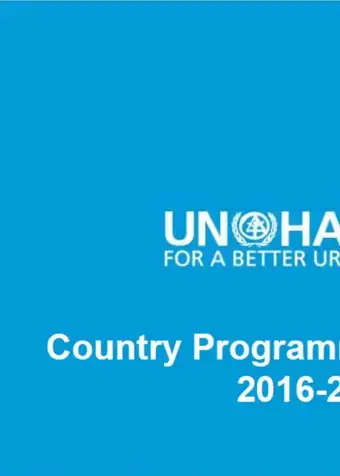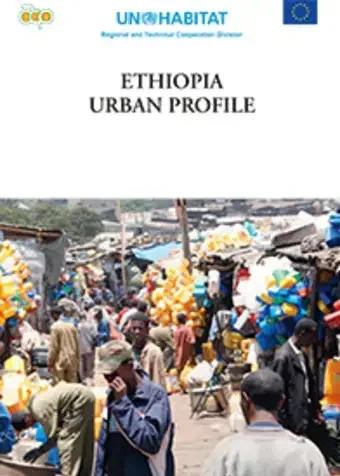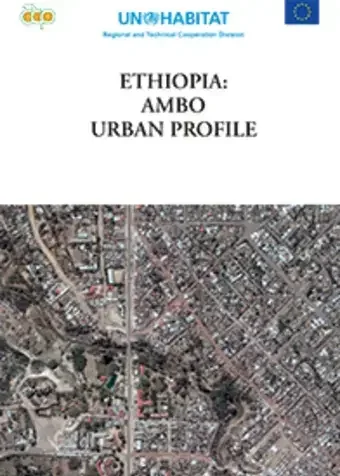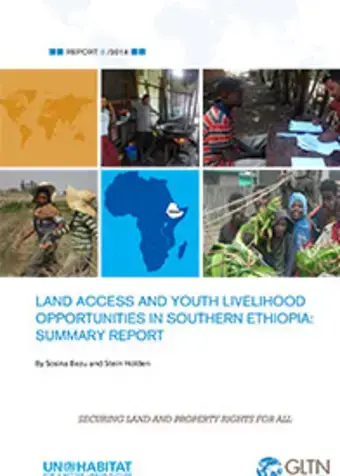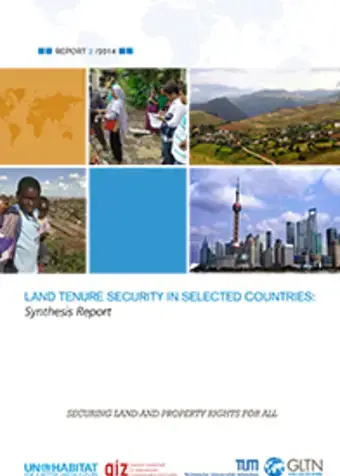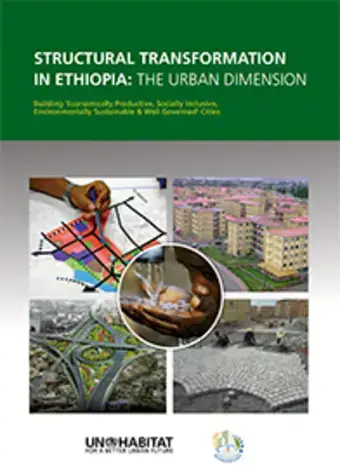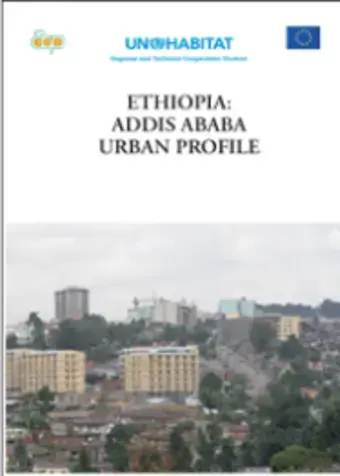 Addis Ababa 11 March 2015 - Thirty-five mayors from Ethiopia’s Oromia Region last month benefited from a 5 day training programme organised by UN-Habitat.
Addis Ababa 11 March 2015 - Thirty-five mayors from Ethiopia’s Oromia Region last month benefited from a 5 day training programme organised by UN-Habitat.
Inaugural Conference on Land Policy in Africa Puts Land Tenure Security High on the African Development Agenda
Addis Ababa 3 December 2014 -- The inaugural Conference on Land Policy in Africa was held in Addis Ababa, Ethiopia, from 11 to 14 November 2014, on the theme “The next decade of land policy in Africa: ensuring agricultural development and inclusive growth.”
Despite the importance of land governance to Africa’s developmental agenda, to date, there has been no continental platform organized for exchange, networking and sharing of experiences within the continent among researchers, policy makers and other stakeholders.
Ethiopia holds sixth national urban forum
Dire Dawa 25 November 2014—The government of Ethiopia held its sixth edition of the National Urban Forum from 15th to 22nd November 2014 at Dire Dawa city under the motto “our cities being centres for enterprise development, will ensure the renaissance of Ethiopia”. The event was attended by high ranking government’s high level officials including the President of the Federal Republic, Dr. Mulatu Teshome , the Deputy prime Minister, cabinet ministers, regional officials and mayors.
